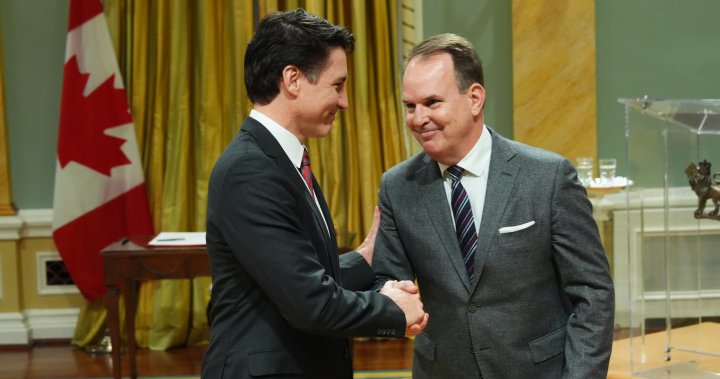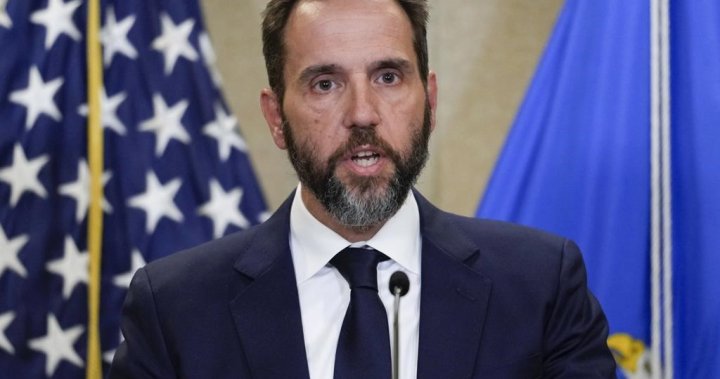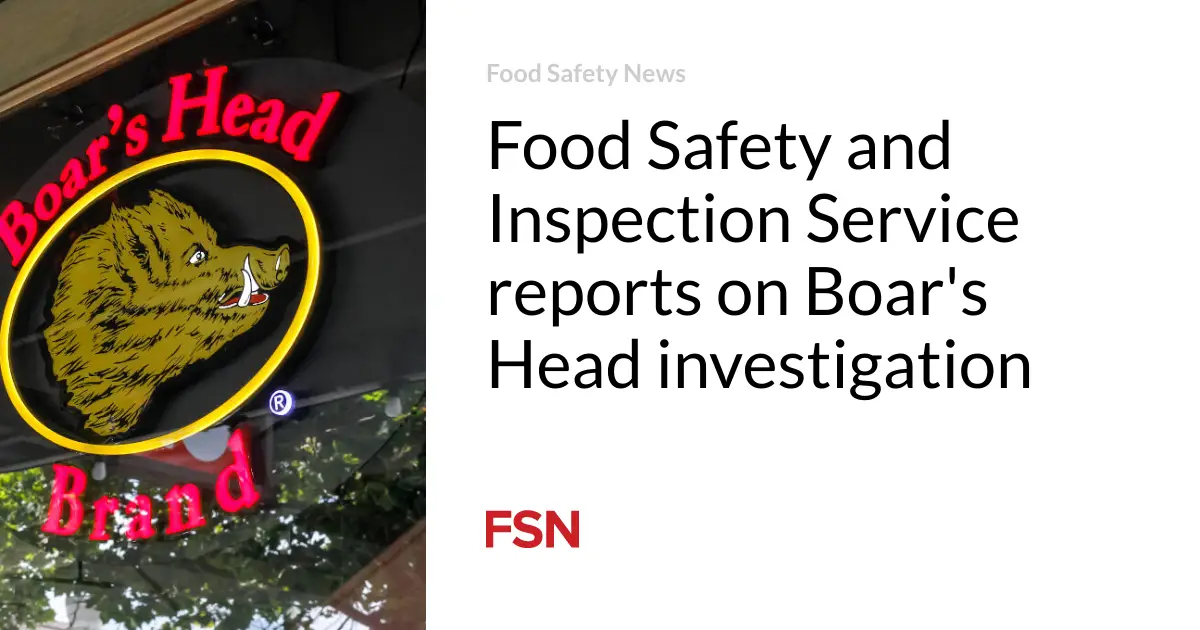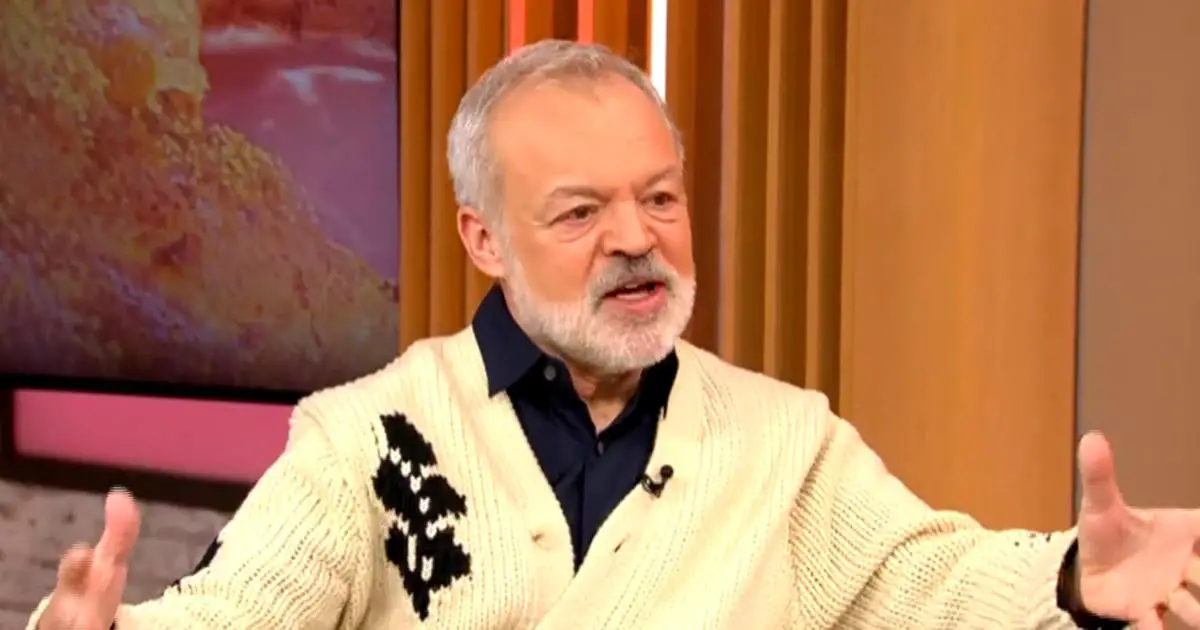As railworkers push back on the Liberal government’s effort to end a labour dispute that brought freight rail service to a halt, the federal Conservatives remain silent on the strife that poses a major threat to Canada’s economy.
Labour Minister Steven MacKinnon asked the Canadian Industrial Relations Board on Thursday to impose binding arbitration after Canadian National Railway Co. and Canadian Pacific Kansas City Ltd. locked out 9,300 employees.
NDP Leader Jagmeet Singh slammed the government’s decision, calling it proof the Liberals “will always cave to corporate greed, and Canadians will always pay for it.”
Conservative Leader Pierre Poilievre has not weighed in since the lockout began on Thursday and his office has not yet responded to a request for comment.
Even the more vocal members of the Conservative caucus have held off on commenting, despite their usual eagerness to weigh in on major news stories with social media posts.
Minister of Labour Steven MacKinnon says he has directed the Canada Industrial Relations Board ‘to extend the term of the current collective agreements until new agreements have been signed and for operations on both railways to resume forthwith.’
Poilievre has made a greater effort as leader to court support from private sector unions and blue collar workers, while publicly declaring that he won’t spend political capital to further the interests of business groups.
Conservatives also voted in favour of legislation earlier this year that banned replacement workers at federally regulated
workplaces.
“I wish I could say I was surprised,” Canadian Chamber of Commerce president Perrin Beatty said about the Conservatives’ silence on the rail work stoppage.
“I think what we’ll find for the next 15 months, between now and the next election, is that everything is politics, and the public interest gets set to one side as the parties jockey for political advantage.”
Dan Kelly, president of the Canadian Federation of Independent Business, said all federal parties struggle to put the economy ahead of the interests of unions.
He said the silence from the Conservatives on the labour dispute is consistent with the party’s new approach to unions, including its “shocking” decision to support the ban on replacement workers.
“The Conservatives have done a complete 180 with respect to their traditional views on trade union legislation by supporting the ban on replacement workers, and it’s one of the reasons why they’ve been so silent,” Kelly said.
The head of the country’s largest labour organization said she was not surprised by the approach, either. “They’re trying to, of course, court the workers’ vote,” said Bea Bruske, president of the Canadian Labour Congress.
“Of course, they don’t want to say anything right now, because the position they would be taking is not going to be supportive of workers in this case.”
Bruske dismissed the Conservatives’ support for the anti-scab legislation, calling it “political theatre” because it was
going to become law with the support of the NDP and Bloc Quebecois, regardless of how the Tories voted.
As all federal parties compete for labour support, Bruske’s message to workers is to “pay attention.”
“People show us what their true colours are and who our friends are, and let’s not forget that at election time.”







